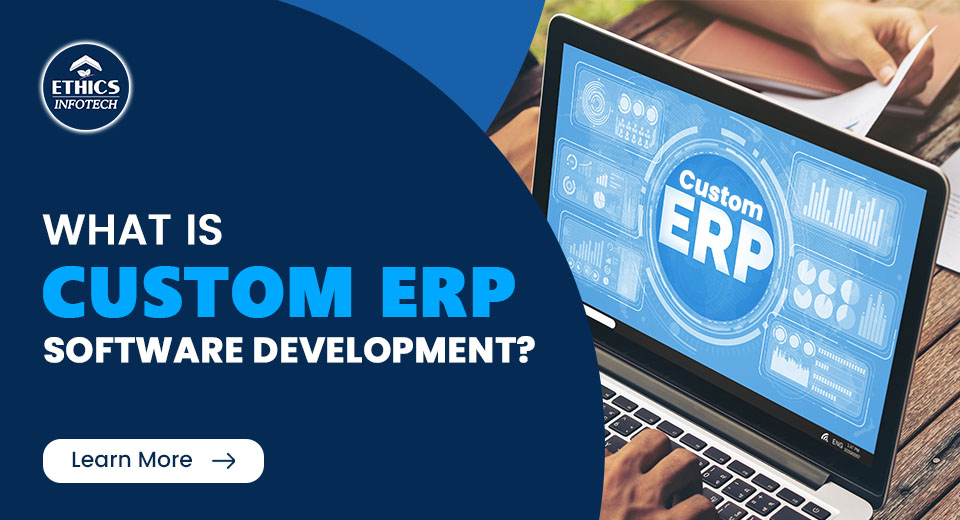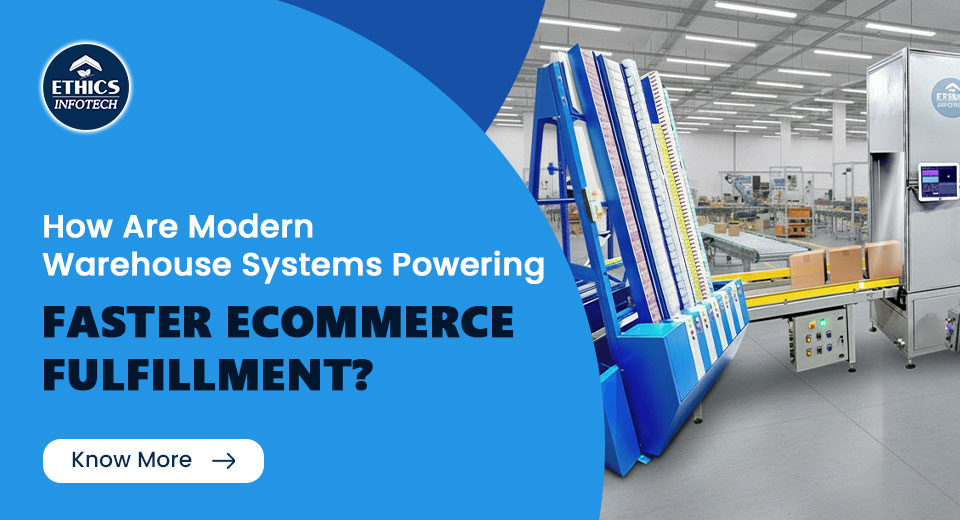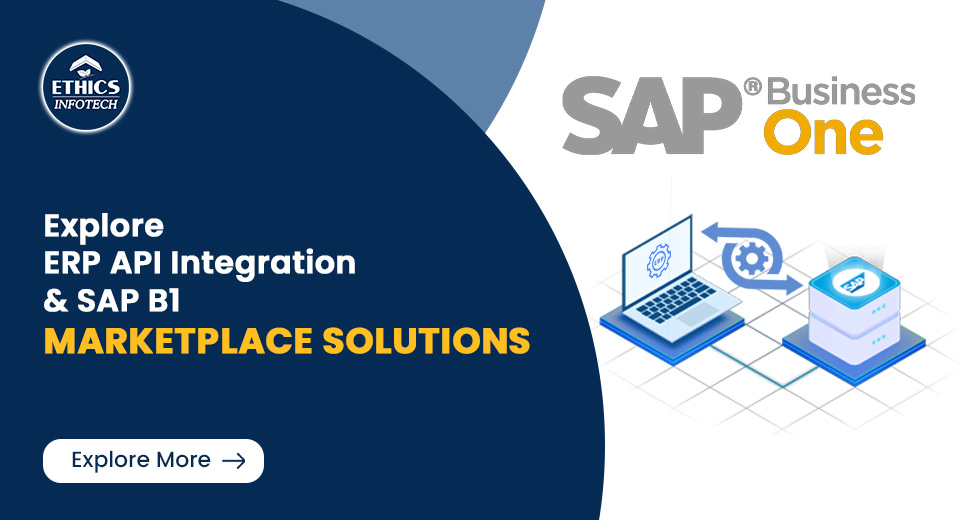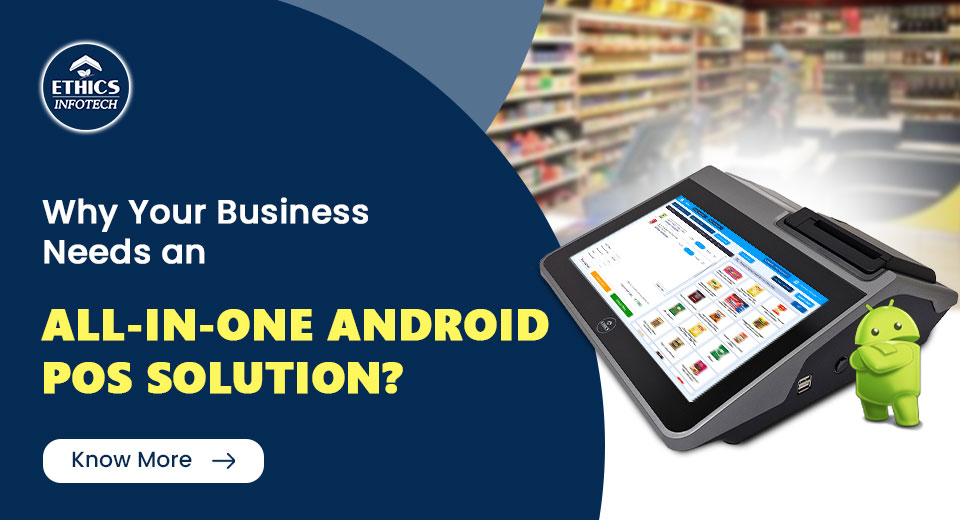WHAT IS CUSTOM ERP SOFTWARE DEVELOPMENT?
Custom ERP software development is a process where a company develops software that is tailored to its specific business needs and requirements. ERP software is a type of enterprise software that helps businesses manage different aspects of their operations, such as accounting, human resources, customer relationship management, and supply chain management.
If you are considering custom ERP software development for your business, then this article is for you. In it, we will explain everything you need to know about custom ERP software development, from the benefits to the process involved.
What is ERP Software?
ERP software is the backbone of any business. It is a system that integrates all the business processes to make sure everything runs smoothly, from customer relationship management, inventory and supply chain management, finance, and accounting to CRM.
ERP software is used by organizations of all sizes, from small businesses to large enterprises. It is designed to help organizations improve their efficiency and effectiveness.
Which is better, building or purchasing an ERP system?
It is hard to weigh the pros and cons of both options without having a clear picture of your needs. It is important to consult with industry experts who can offer guidance on the needs of your company and also answer any specific questions about ERP systems.
What ERP system should you choose? There are two general options: building it internally or investing in a system from an organization like SAP, Oracle, etc.
Building an ERP system takes a lot more time and resources than just signing up for one that already exists, but it can be the better option if you want something tailored specifically to your business.
The other option is to purchase an off-the-shelf system that's already been proven successful in other companies with similar needs as yours.
Process for Developing ERP Systems
First Stage: Requirements: The first stage of the process for developing ERP Systems is requirements gathering. This means that you will identify what the business wants from its system and what they need it to do. You will then organize this information into a list of requirements, as well as assign priorities to each requirement.
Second Stage: Design: The next stage in the process of developing ERP Systems is creating a conceptual design model or prototype.
Third Stage: Development: The third stage in the process of developing ERP Systems is development and testing, which involves actually building out the system and trying it out with real data to see if it works how you need it to work before moving on to deployment.
How to create a custom ERP system
An ERP system is a software system that integrates and coordinates different aspects of a business to provide accurate, real-time management.
The key function of the ERP system is to automate the processing of data from many different sources and then distribute it to other enterprise-wide applications. The goal is to help managers make informed decisions about how best to plan their resources in order to maximize productivity.
There are three main categories of ERP systems:
• Manufacturing or Industrial based ERPs, which account for 60% of all ERPs in use today
• Commercial or Professional sector ERPs, which account for 30%; and
• Consumer-sector ERPs, which are often called CRM (Customer Relationship Management) systems and make up 10% of all systems used today.
The best technology for developing ERP software could be the one that is most popular and easy to use.
Best Technologies to Develop ERP Software
ERP software development can be done using different technologies. Some companies prefer a single technology while others may want to combine two or more technologies depending on the specific needs of their company. It is a platform that can be customized according to requirements.
If you are looking for the technologies that are best suited for ERP software development, we would suggest you look at the following technologies:
• HTML5 - It is lightweight and enables the development of a single application that can be published in all browsers across different devices.
• Java - This is a mobile-friendly language that makes it easy to integrate with other languages like JMS, MQTT & JAX-WS.
• NET Core - This system helps in integrating commands between business logic, middleware & database layers.
• PHP - The center of the system, where all the data is kept and retrieved, is the back-end and databases. Therefore, the effectiveness of the ERP solution is increased if this component is well-tuned
How long will ERP Software Development Take?
ERP systems are considered to be a type of business software that helps organizations manage their various business processes in a more efficient and effective manner. These systems are usually made up of a number of modules, each of which deals with a specific area of business, such as finance, HR, or manufacturing.
In order to implement an ERP system, businesses first need to map out their existing business processes. Once this is done, they can then start to develop the software itself. The development process can take anywhere from 6 months to 2 years, depending on the size and complexity of the organization.
So, if you’re wondering how long it will take to develop an ERP system for your business, the answer is – it depends.
What is the price of a customized ERP solution?
The price of a customized ERP solution will vary depending on the specific needs of your business. However, there are some general factors that will affect the cost of your ERP solution.
Some of the main factors that will affect the cost of your ERP solution include the size of your business, the complexity of your business processes, the number of users that will be using the system, and the functionality that you require.
Of course, the price is not the only consideration when it comes to choosing an ERP solution. You also need to consider the benefits that you will gain from the system, such as increased efficiency and productivity, better decision-making, and improved customer service.
Conclusion
Many businesses are currently struggling to manage all of the necessary company processes. One of the finest solutions to this issue is the construction of custom ERP applications. Your performance will be improved with the aid of this new solution, which may be linked with the legacy apps of the business if necessary. Although the costs for creating such a system may appear high at first, they will ultimately prove to be worthwhile. An ERP system specifically tailored for you will undoubtedly result from careful attention to detail, comprehension of your business logic, significant use of cutting-edge technologies, and awareness of best practices in the field of ERP software development.



